What is Instructional Design?
Instructional design is the systematic process of creating effective, engaging educational experiences tailored for learners. Within Extension, instructional design supports projects that include web-based educational modules and courses, audio, video, multimedia, interactive tools and applications. Here are some examples (click the pictures or links below for details):Murder Hornets Interactive Guide: https://www.ces.ncsu.edu/2020/05/a-visual-guide-to-asian-giant-hornets-and-similar-insects/
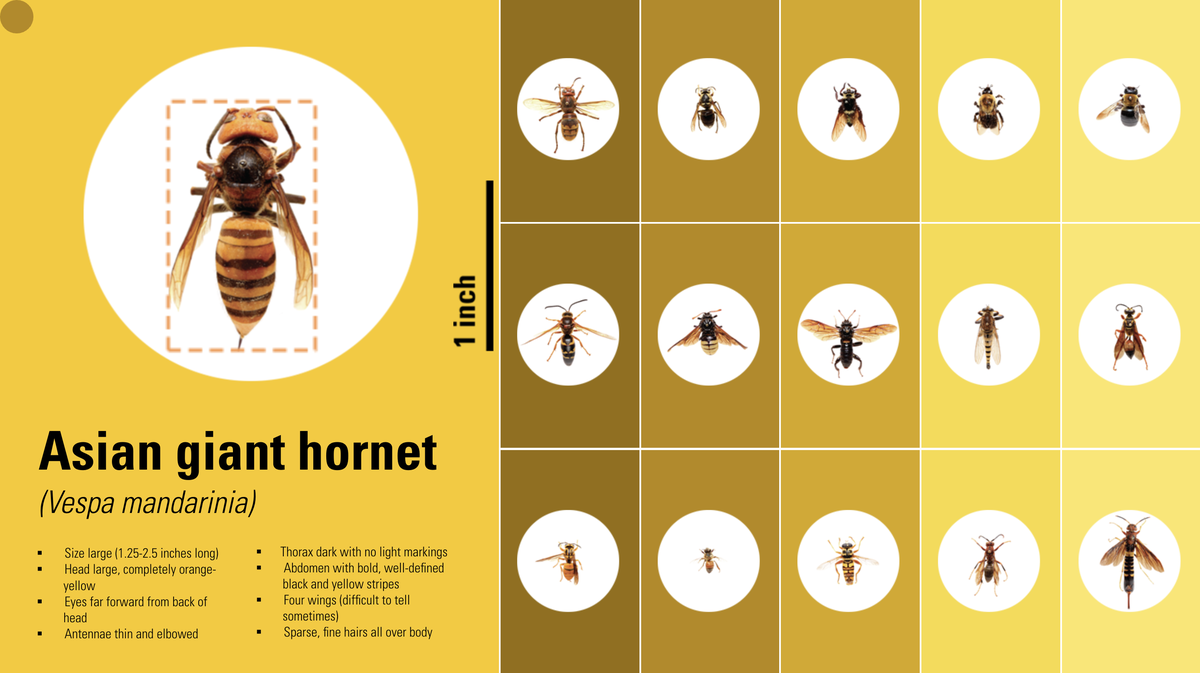
Count On Me NC Training: https://countonmenc.org/?hl=en
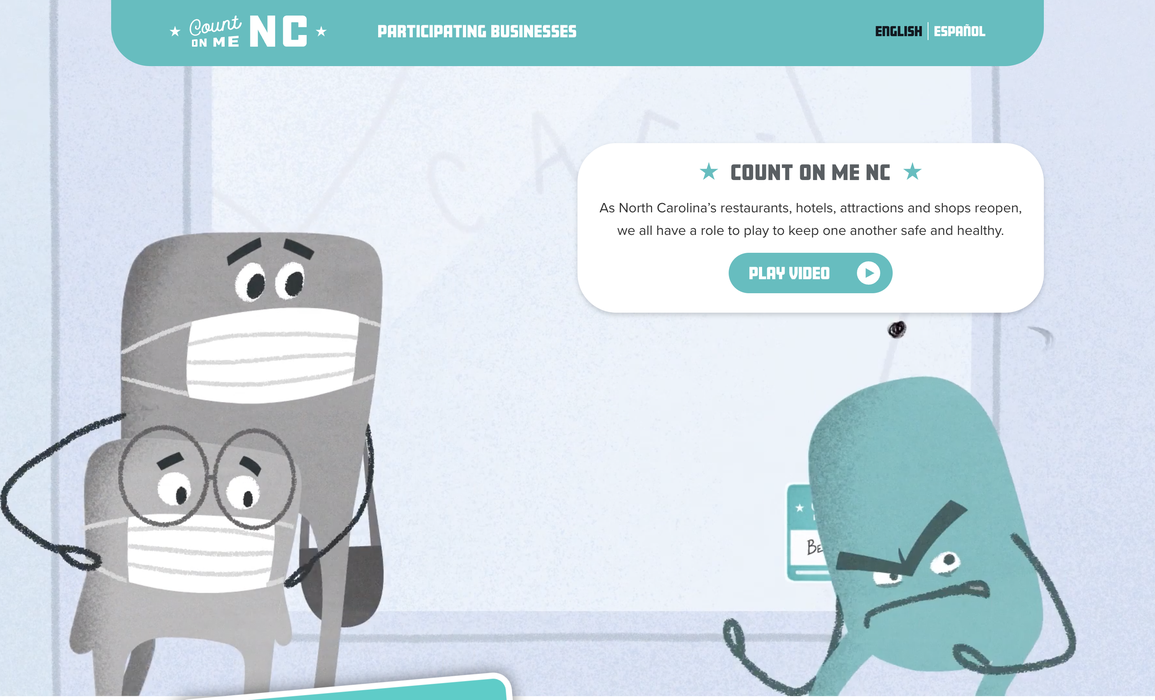
4-H Volunteer Training Online Course (To be published soon)
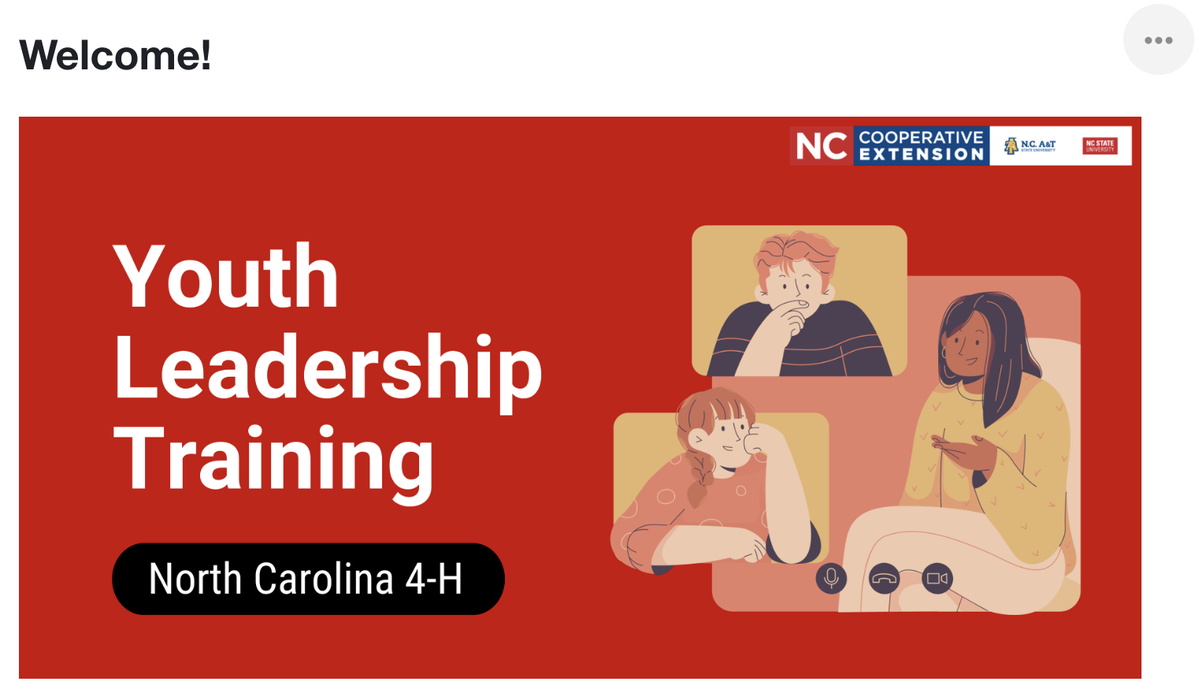
Extension Canva Online Training Course (To be published soon)

Therapeutic Horticulture Online Course Series: https://therapeutic-hort.ces.ncsu.edu/online-therapeutic-horticulture-courses-2/
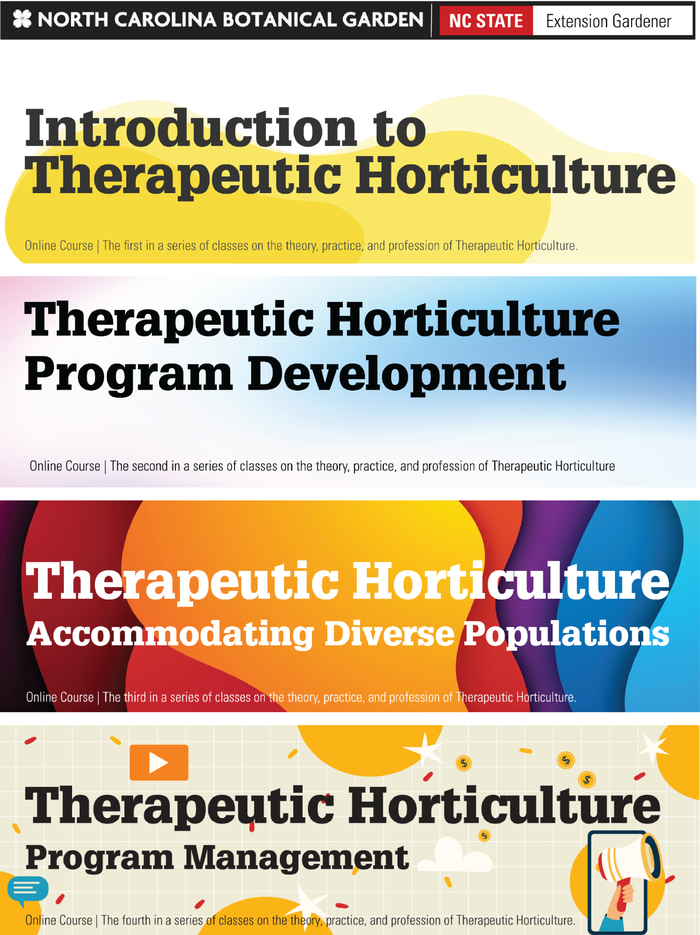
Howling Cow Breeds Guide: https://www.ces.ncsu.edu/howling-cow-breeds/


Biopesticides for Disease Management in Vegetable Crops Illustrations: https://content.ces.ncsu.edu/biopesticides-for-disease-management-in-vegetable-crops

Soybean Buyer Locations Interactive Map: https://storymaps.arcgis.com/stories/75b6cc42ab4a4d91b238473b6b445895

More Projects:
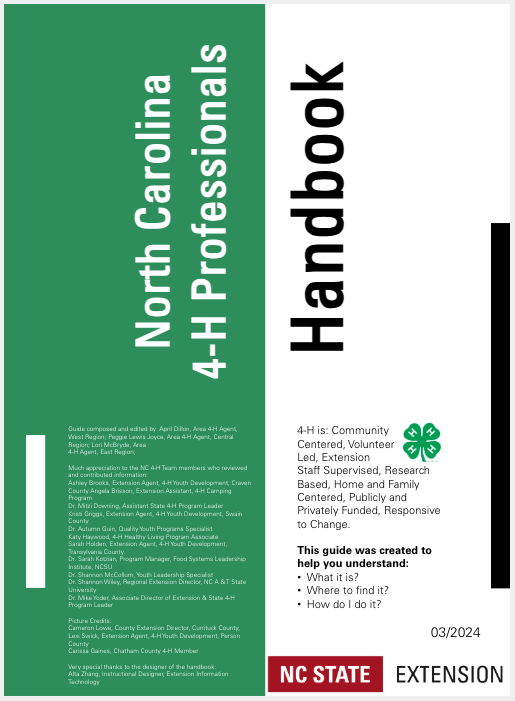



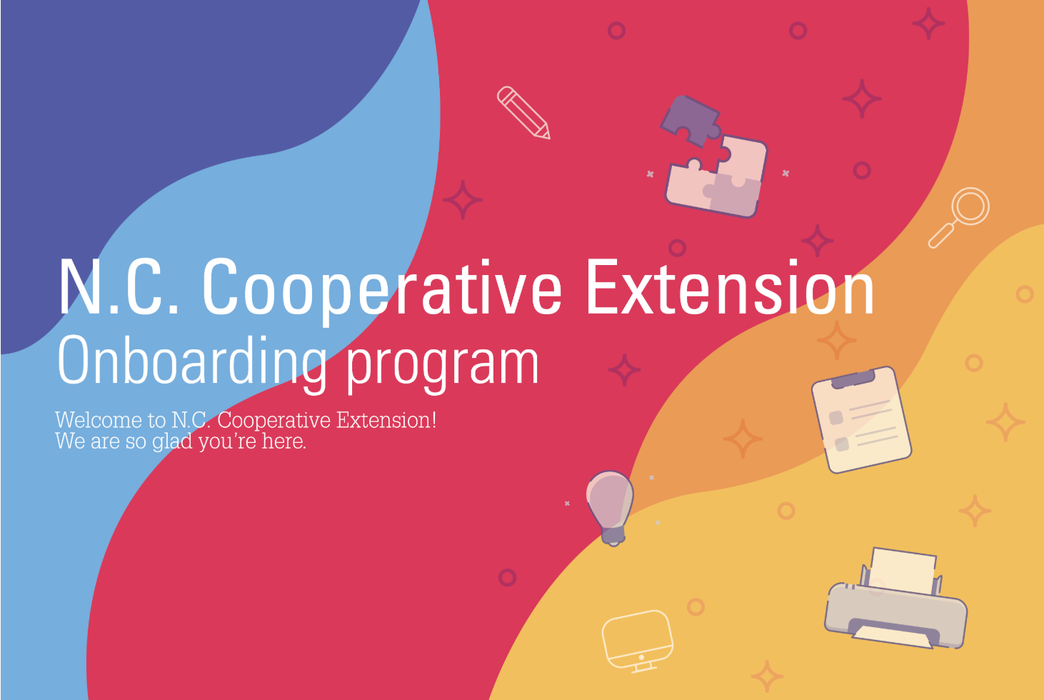
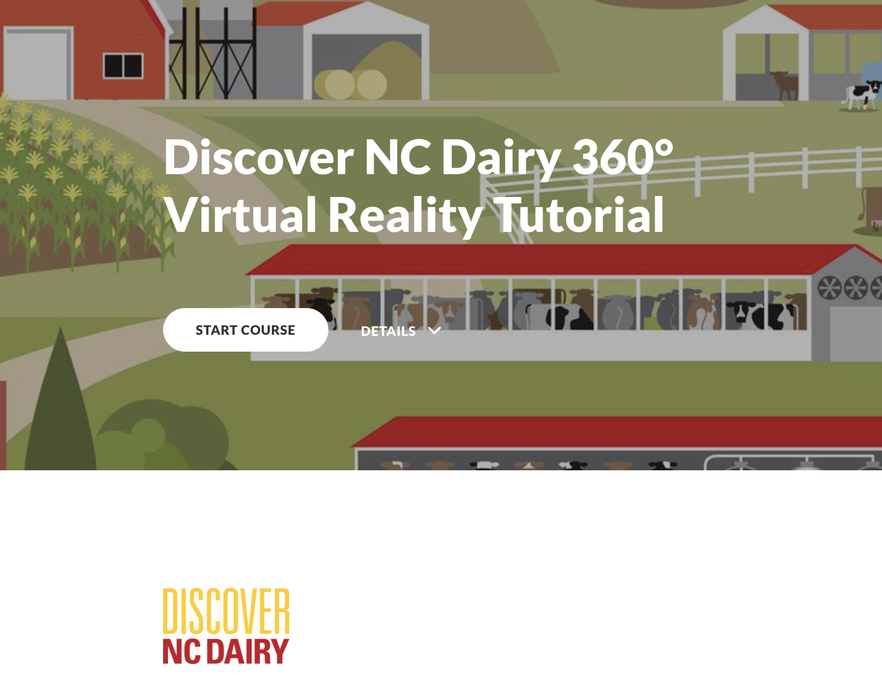
Behind the Design
ADDIE Model: A practical five-phase process—Analyze, Design, Develop, Implement, Evaluate—used to create instructional materials that effectively meet learners' needs.Bloom's Taxonomy: A framework used to classify learning objectives by cognitive complexity, from remembering facts to creating new knowledge, guiding the development of engaging and meaningful learning activities.
Backward Design: Designing learning experiences by first identifying desired outcomes and then planning assessments and instructional activities aligned with those goals.
How Instructional Design Supports Extension Projects
For many projects, the instructional design tailors learning for Extension by focusing on practical application, relevance, and learner engagement. The collaboration with specialists and subject matter experts makes sure that the content created is clear, accessible, and meets specific educational goals.Key Instructional Design Tips for Extension
Microlearning: Breaking content into small, manageable chunks for easier consumption and better retention. For example, using shorter videos instead of long lectures to convey knowledge.Scenario-Based Learning: Using real-world situations and stories that Extension learners face to develop critical thinking and problem-solving skills.
Interactive Activities: Creating opportunities for learners to engage actively through quizzes, simulations, and discussions. For example, adding after-lecture games or providing accompanying live sessions for student engagement.